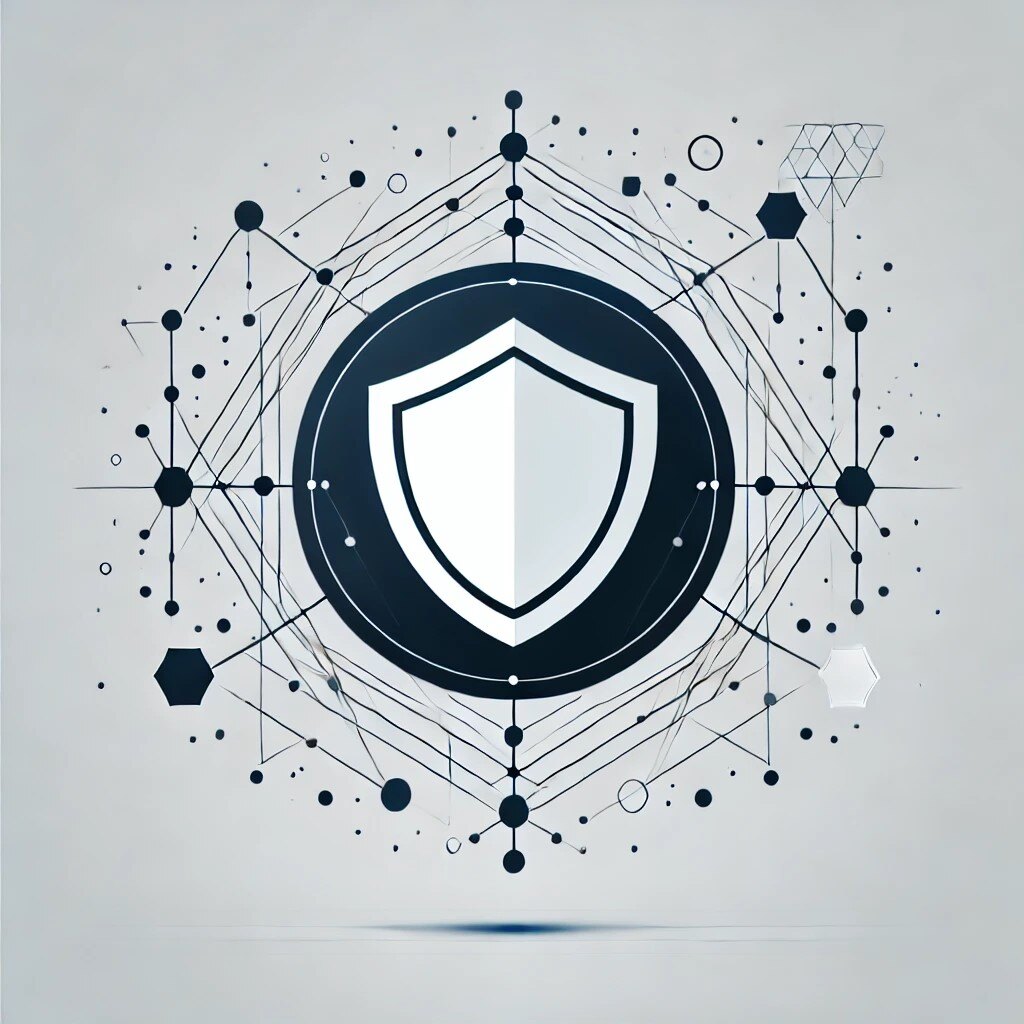October, also Cybersecurity Awareness Month, emphasizes the critical need for robust cybersecurity measures. An experienced CISO can protect your organization's digital assets and reputation from the increasing sophistication of cyberattacks. This article is based on The CISO’s Guide to Hiring a CISO and explains the eight key attributes of a successful CISO and how they benefit your organization.
The CISO's Evolving Role
The CISO's role has significantly evolved in today's dynamic digital landscape, especially with the acceleration of AI applications that cybercriminals use to conduct malicious activities. Once primarily focused on technical aspects of security, the CISO now plays a strategic role in the C-Suite, shaping the organization's overall cybersecurity posture. This includes:
-
Governance, Risk Management, and Compliance (GRC): Establishing and maintaining a robust GRC framework that aligns with industry standards and regulations.
-
Cybersecurity Strategy: Developing and implementing a comprehensive cybersecurity strategy that aligns with business objectives and effectively addresses emerging threats.
-
Incident Response: Leading the organization's response to cybersecurity incidents, minimizing damage, and ensuring a swift recovery.
-
Stakeholder Communication: Effectively communicating cybersecurity risks and strategies to the board of directors, executive leadership, employees, and external partners.
Eight Key CISO Attributes and Their Benefits
Given the foundation of a CISO’s evolving role, here are the eight key attributes that an experienced CISO uses to benefit your organization’s cybersecurity posture.
1. Strategic Thinking: A CISO with strategic thinking abilities can:
- Align security initiatives with overall business goals.
- Anticipate future security challenges and develop proactive solutions.
- Optimize resource allocation and maximize the return on security investments.
Benefit: A strategically focused CISO ensures that security is not just a cost center but a value driver, contributing to the organization's long-term success.
2. Business Acumen: A CISO with strong business acumen can:
- Understand the organization's business environment and objectives.
- Articulate security risks in terms of business impact, enabling informed decision-making by the leadership team.
- Advocate effectively for security investments by demonstrating their value proposition.
Benefit: Business acumen enables the CISO to bridge the gap between security and business concerns, fostering greater understanding and collaboration.
3. Technical Proficiency: A technically proficient CISO possesses:
- A deep understanding of security technologies, tools, and trends.
- The ability to evaluate and select appropriate security solutions for the organization's specific needs.
- Expertise in identifying and mitigating technical vulnerabilities.
Benefit: Technical proficiency empowers the CISO to make sound decisions regarding technology investments and security architecture, ensuring the organization's defenses are robust and up-to-date.
4. Risk Management: A CISO with strong risk management skills excels in:
- Identifying, assessing, and prioritizing cybersecurity risks.
- Developing and implementing effective risk mitigation strategies.
- Monitoring and adapting risk management practices based on evolving threats and business needs.
Benefit: Robust risk management practices minimize the likelihood and impact of cybersecurity incidents, protecting the organization's assets and reputation.
5. Clear Communication to all levels of the organization: A CISO who communicates effectively can:
- Convey complex security concepts to both technical and non-technical audiences.
- Foster a culture of security awareness across the organization.
- Secure buy-in from employees at all levels for security policies and initiatives.
Benefit: Clear communication is essential for creating a strong security culture, ensuring everyone understands their role in protecting the organization.
6. Collaborative Management Style: A collaborative CISO:
- Works effectively with different teams and departments within the organization.
- Builds strong relationships with key stakeholders, including IT, legal, compliance, and business units.
- Fosters a collaborative environment to solve security challenges and implement solutions.
Benefit: A collaborative approach ensures alignment and coordination between security efforts and other organizational functions, leading to a more holistic and effective security posture.
7. Situational Awareness: A CISO with strong situational awareness:
- Stays informed about the latest cybersecurity threats and vulnerabilities.
- Monitors the organization's security posture in real-time, identifying potential risks and anomalies.
- Makes informed decisions based on a comprehensive understanding of the current threat landscape and the organization's security status.
Benefit: Situational awareness enables the CISO to proactively identify and respond to emerging threats, mitigating potential damage and ensuring business continuity.
8. Adaptability: A highly adaptable CISO can:
- Adjust to the evolving threat landscape and new technologies.
- Modify security strategies and tactics in response to changing business needs and priorities.
- Embrace new approaches and solutions to address emerging security challenges.
Benefit: Adaptability ensures that the organization's security posture remains flexible and resilient, effectively addressing current and future threats.
CISOs leverage these eight key attributes to significantly benefit your organization by minimizing risks and maximizing responsiveness and data protection. As cyber threats continue to evolve, hiring a CISO who embodies these attributes is essential to ensure that your organization:
- Maintains business continuity
- Protects your brand reputation
- Enhances your customer and partner trust
During Cybersecurity Awareness Month, prioritize these attributes when evaluating or hiring a CISO to fortify your organization's security posture and navigate the complexities of today's digital world.
To read the full ebook, 'The CEO's Guide to Hiring a CISO,' click here.


